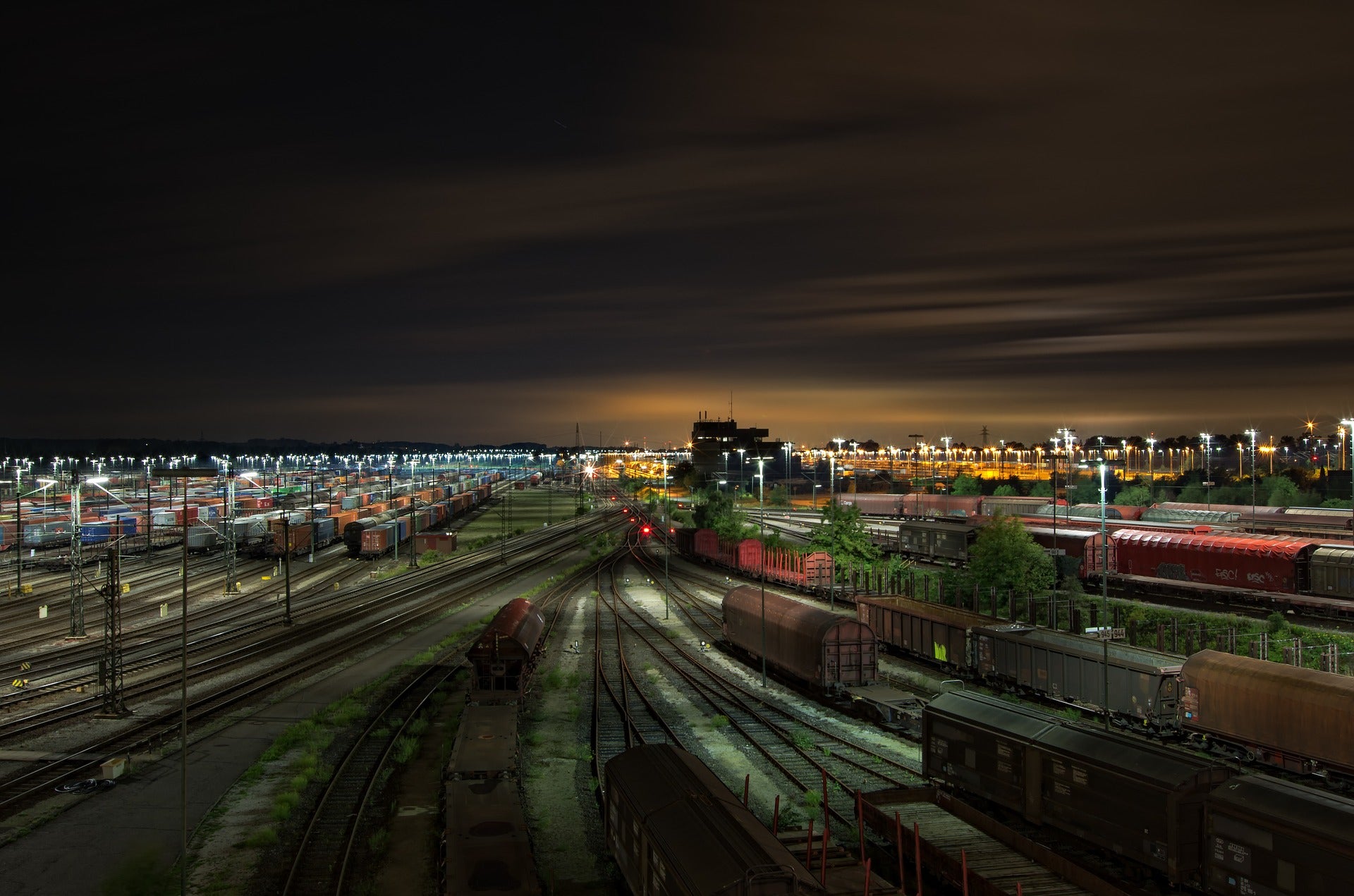
With the advent of digitalisation, the railway sector has been evolving in the past decade. The global market value for railway technology is expected to reach €185bn between 2019 and 2021, according to Statista.
As a result, various initiatives are being implemented to encourage start-ups in the rail sector. In 2017, Virgin Trains launched its Platform X accelerator with the aim to “solve key rail challenges” through ideas which improve traveller experience, bring more passengers onto the digital grid, and facilitate internal company decision-making processes.
HackTrain is an annual UK-based hackathon and conference with backing from Great Western Railway, Stagecoach and Arriva amongst others where companies discuss the main issues which need to be addressed which include overcrowding, safety and faulty machinery.
Start-ups in the sector are being driven by progress on a multitude of tech fronts, including growing reliance on artificial intelligence, big data, and the expansion of the internet of things.
Here are five tech start-ups to keep an eye on in 2020 who aim to tackle some of the rail industry’s complex problems.
RailHero’s one-click rail compensation app for delayed passengers
An automated rail compensation app for delayed commuters, the RailHero app was launched to help passengers get the reimbursement they are owed in the event of train delays and cancellations.
How well do you really know your competitors?
Access the most comprehensive Company Profiles on the market, powered by GlobalData. Save hours of research. Gain competitive edge.

Thank you!
Your download email will arrive shortly
Not ready to buy yet? Download a free sample
We are confident about the unique quality of our Company Profiles. However, we want you to make the most beneficial decision for your business, so we offer a free sample that you can download by submitting the below form
By GlobalDataIn total, 47 million rail journeys were either cancelled or significantly late in 2018, according to research by Rail Hero, and commuters missed out on 60% of eligible delay compensation amounting to £120m.
Previously, commuters could only claim compensation by filling in forms but with the help of the app, they only need to take a picture of the ticket and the RailHero algorithm validates and sends the claim to the rail company.
The software company uses an automated delay repay validation API to provide real-time delay information accurately. Users can get compensation back via their preferred payment method along with real-time updates about the claim.
Hyper Poland’s technology to realise the hyperloop train
Founded in 2016 initially as a think tank from the Warsaw University of Technology, Hyper Poland develops a hyperloop-inspired technology called ‘magrail’ which allows vehicles to move up to 415km/h on existing railway infrastructure.
It has already built a prototype and a 1:5 scale test track, the demonstration for which took place in October 2019 in Warsaw. Eventually, the startup plans to build tracks which will allow trains to travel at 1,200km/h.
The start-up aims to begin the construction of a full-size test track of the magrail system in the second half of 2020 in Żmigród and plans to implement the first pilot in 2023. Once built this project will reduce travel time between Krakow and Gdansk to 35 minutes.
Following an investment of €334,000 in 2019, Hyper Poland will be launching a crowdfunding campaign on Seedrs in 2020 which will expand business development activities and continue research and development.
RailPod monitors rail stations through automated inspection drones
Boston-based start-up RailPod’s aim is to make global rail infrastructure safer, cost-effective and efficient through the use of automated inspection drones.
RailPod’s drones perform daily track inspections with the help of advanced sensor technology and a cloud-based data processing service, providing real-time information to operators about track conditions.
Its inspection tool can be operated with a wireless remote control or configured for autonomous applications.
The goal for the company entails creating “real-time analytics to help predict maintenance issues and prevent train derailments,” it said in a statement.
The RailPod vehicle coupled with its web-based software gives immediate access to inspection reports, including data on track geometry, rail wear, overhead catenary, asset mapping, and broken rail detection.
According to the start-up, using its drones for inspection instead of a human workforce would significantly reduce the risk, time, and cost of accessing remote areas.
Neuron Soundware uses sound to detect mechanical problems
Neuron Soundware works with artificial intelligence to detect malfunctioning machines using audio signals.
Its technology analyses sounds that railway machinery makes and recognises anomalies, known issues and mechanical malfunctions.
The Czech company offers predictive maintenance, real-time mechanical issue detection, and remote equipment diagnosis.
One of the ways it has been used in the railway industry is through flat-wheel detectors in trains and trams.
Some past projects include escalator issue detection and predictive maintenance in train stations for Deutsche Bahn and acoustic-based diagnosis of point machines for Siemens Mobility. For the latter, it was able to tell the suitable force needed to move the rail based on the sound and provide information about the machine condition to the operator.




